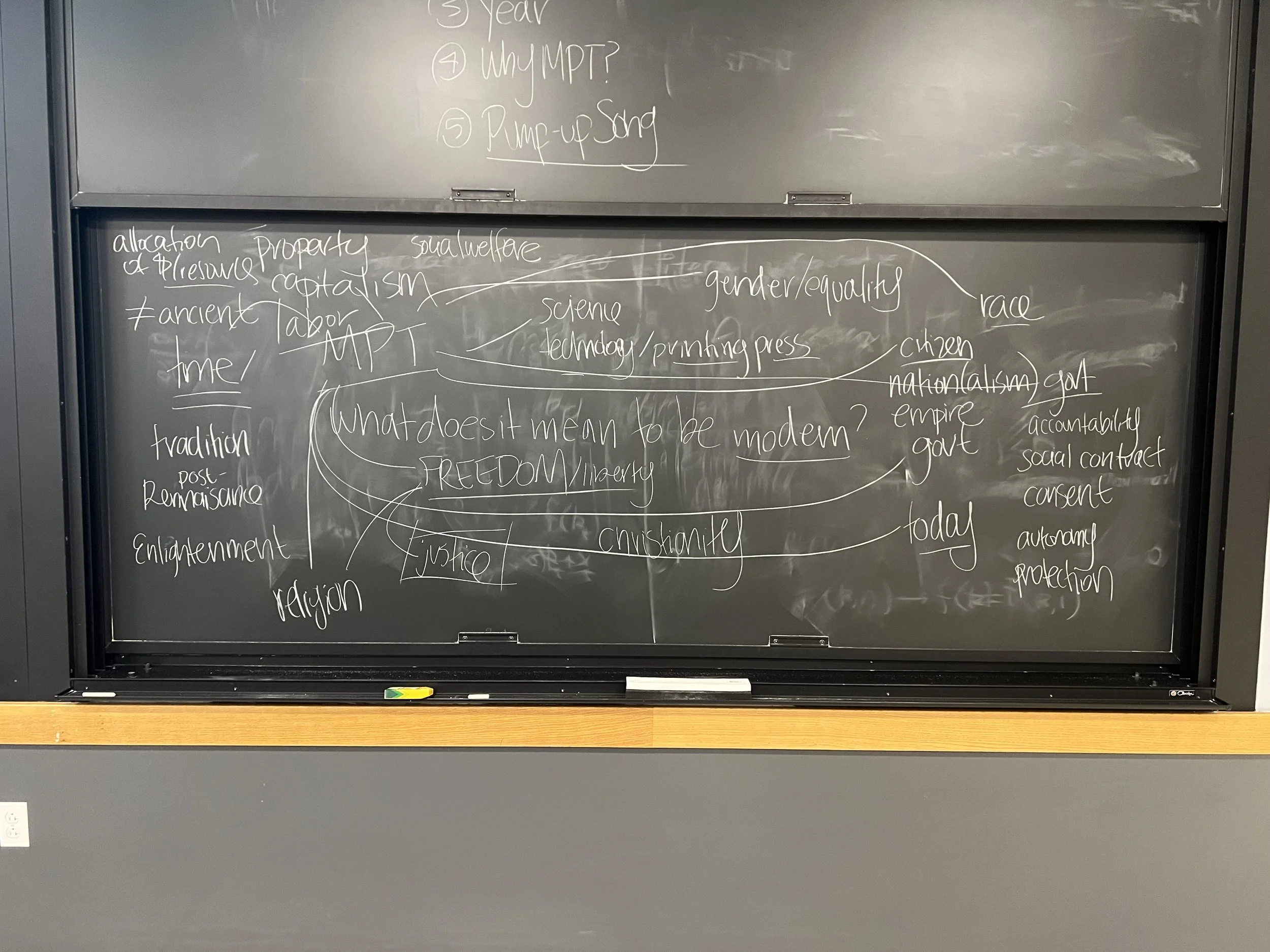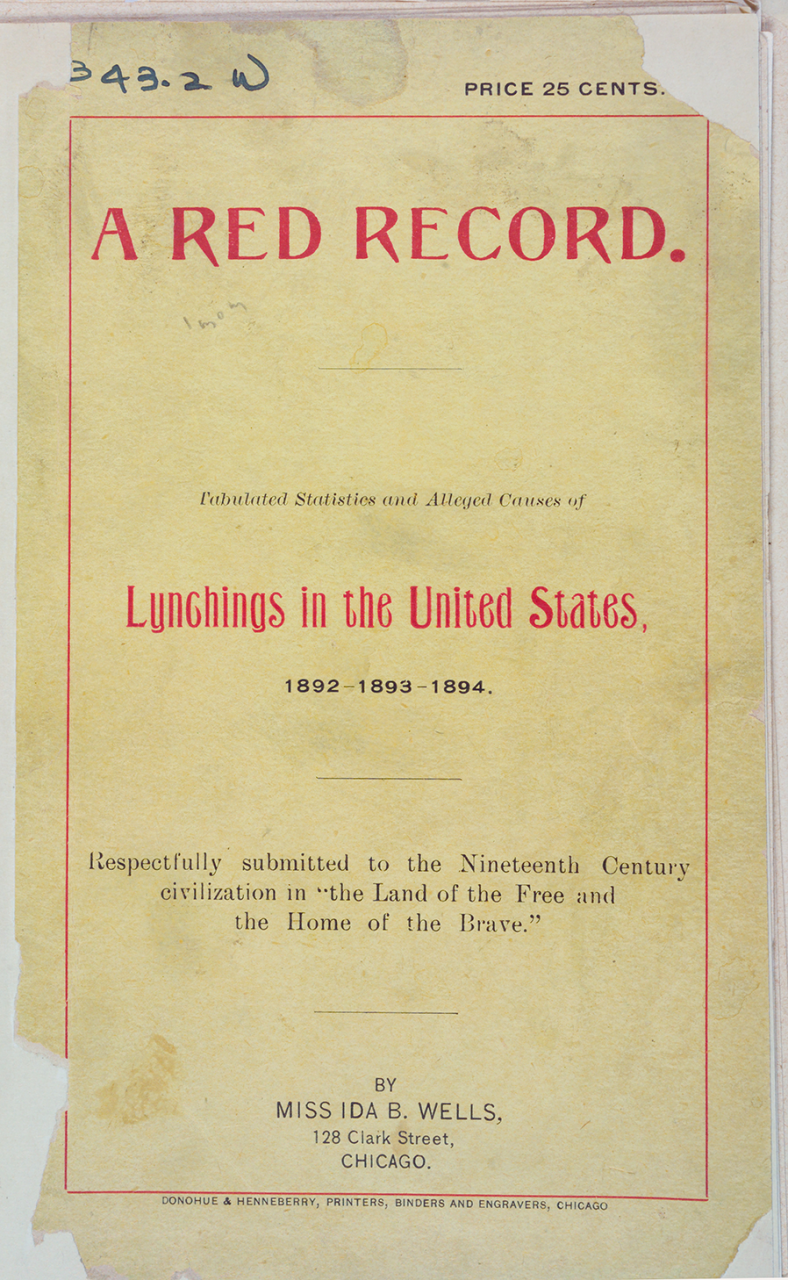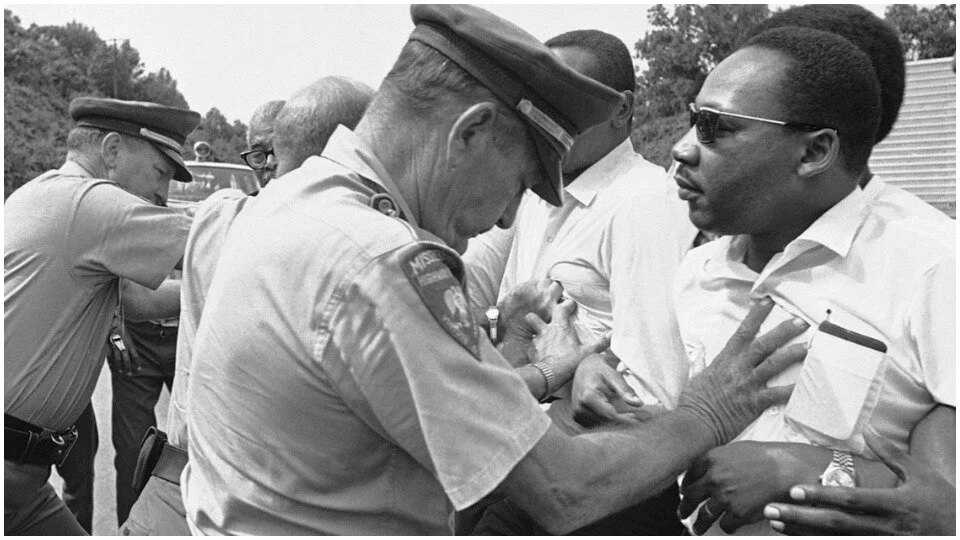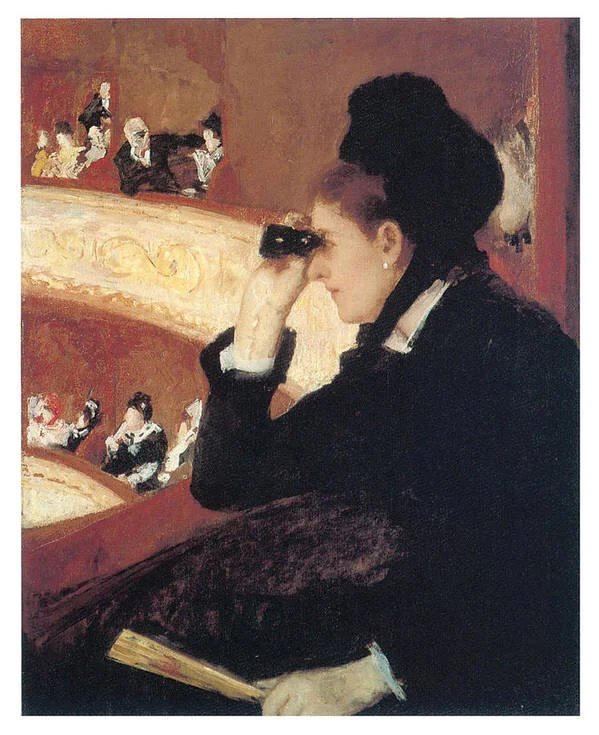“Living in a house not built for you is difficult to do.”
As an educator, I am committed to interdisciplinary inquiry and humanistic education. I value collaborative dialogue, interpretive generosity, and critical thinking, and these commitments guide the substantive and pedagogical choices in all of my courses.
At WashU, I have developed introductory and advanced courses on political theory and intellectual history, in addition to interdisciplinary courses on religion, race, and politics, such as “Politics in a Time of Crisis,” and “Conscience and Religion in American Politics,” which attract students from across the social sciences, humanities, and sciences. I have worked to diversify the curriculum in political science, developing three new courses on race and politics for the university, as well as reimagining standard political theory courses by incorporating women and Black authors in the curriculum.
Musings from our introductory session on “Modern Political Thought,” Fall 2022 at Washington University in St. Louis.
Ida B. Wells (1862–1931), A Red Record. Tabulated Statistics and Alleged Causes of Lynchings in the United States.
Chicago: Donohue & Henneberry, 1894, Manuscripts, Archives and Rare Books Division, Schomburg Center for Research in Black Culture
In Spring 2022, I offered a new seminar, “Freedom and Resistance in African American Political Thought,” in the Department of Political Science, expanding our political theory course offerings to include African American Political Thought. How do African American writers conceive of freedom, agency, and self-determination in the face of longstanding injustices and inequities in American politics, from slavery to segregation, lynching to police brutality, economic disenfranchisement to voter suppression? What tools of resistance should be employed in the struggle to confront and dismantle racial oppression? This course explores competing understandings of freedom, as well as the plurality of ideas about strategies of resistance, in African American political thought. We will engage with an interdisciplinary group of African American writers, activists, and artists, such as Frederick Douglass, Ida B. Wells, Booker T. Washington, W.E.B. Du Bois, Anna Julia Cooper. Please find the syllabus here.
Martin Luther King, Jr. and other demonstrators in the March Against Fear from Memphis, Tennessee to Jackson, Mississippi, June 8, 1966.
In Fall 2021, I taught a new seminar, “Conscience and Religion in American Politics,” for the Danforth Center on Religion and Politics. What is conscience? What role should it play in democratic politics? By considering what conscience means and what vision of politics it implies, this course reflects on the question of what it means to be American and how individuals in American society have resisted inequity and injustice. In particular, we focus on the understanding of conscience in debates on religion, race, politics, and sex in twentieth-century American politics, from the Interwar Period to the Cold War, the Civil Rights Movement and Vietnam War, to the Sexual Revolution. We engage with Ronald Niebuhr, Martin Luther King, Jr., James Baldwin, among many other authors in American political thought. Please find the syllabus here, as well as our intuitions about conscience on the first day of the course.
Munich, Germany, March 21, 2020. An empty subway station in the early days of the COVID-19 pandemic. Laetitia Vancon for The New York Times.
In Spring 2021, I developed a new lecture course, “Politics in a Time of Crisis.” This course invited students to situate the COVID-19 pandemic in a long history of political, social, environmental, racial, and economic crises, such as nuclear warfare, climate change, police brutality, and political polarization. While the promise of timely material brought students into the classroom, this course exposed them to the rich humanistic traditions and interdisciplinary approaches that help us all make sense of these systemic and multi-layered crises. This course engaged students facing uncertainties by showing them that our current challenges are hardly unprecedented and empowering them with the historical perspective and conceptual tools to reflect on our particular moment in history. We engaged with an interdisciplinary group of authors, both historical and contemporary, from across social and political thought, such as Thucydides, Abraham Lincoln, Carl Schmitt, Karl Marx, Adam Smith, Hans Morgenthau, Martin Luther King, Jr., David Wallace-Wells, Brandon Terry, among many others. Please find the syllabus here.
Mary Cassatt, In the Loge (1878), oil on canvas, Museum of Fine Arts Boston.
I teach the introductory survey course, “Modern Political Thought,” in both the Department of Political Science and the Interdisciplinary Project in the Humanities. This course invites students to interrogate what it means to be modern. What kinds of politics are characteristic of modern politics? What view of politics were they rejecting in creating this new world? This course begins by examining the aspirations of the modern project, such as the emergence of the nation state, modern notions of freedom, and private property. Next, we consider some of the most influential critics of modernity, such as Jean-Jacques Rousseau, Karl Marx, John Stuart Mill, and W.E.B. Du Bois, asking how these influential critics challenge our modern commitments. Please find the syllabus here.
Invited guest lecture on Hobbes for "Introduction to Political Philosophy," at Yale University.






